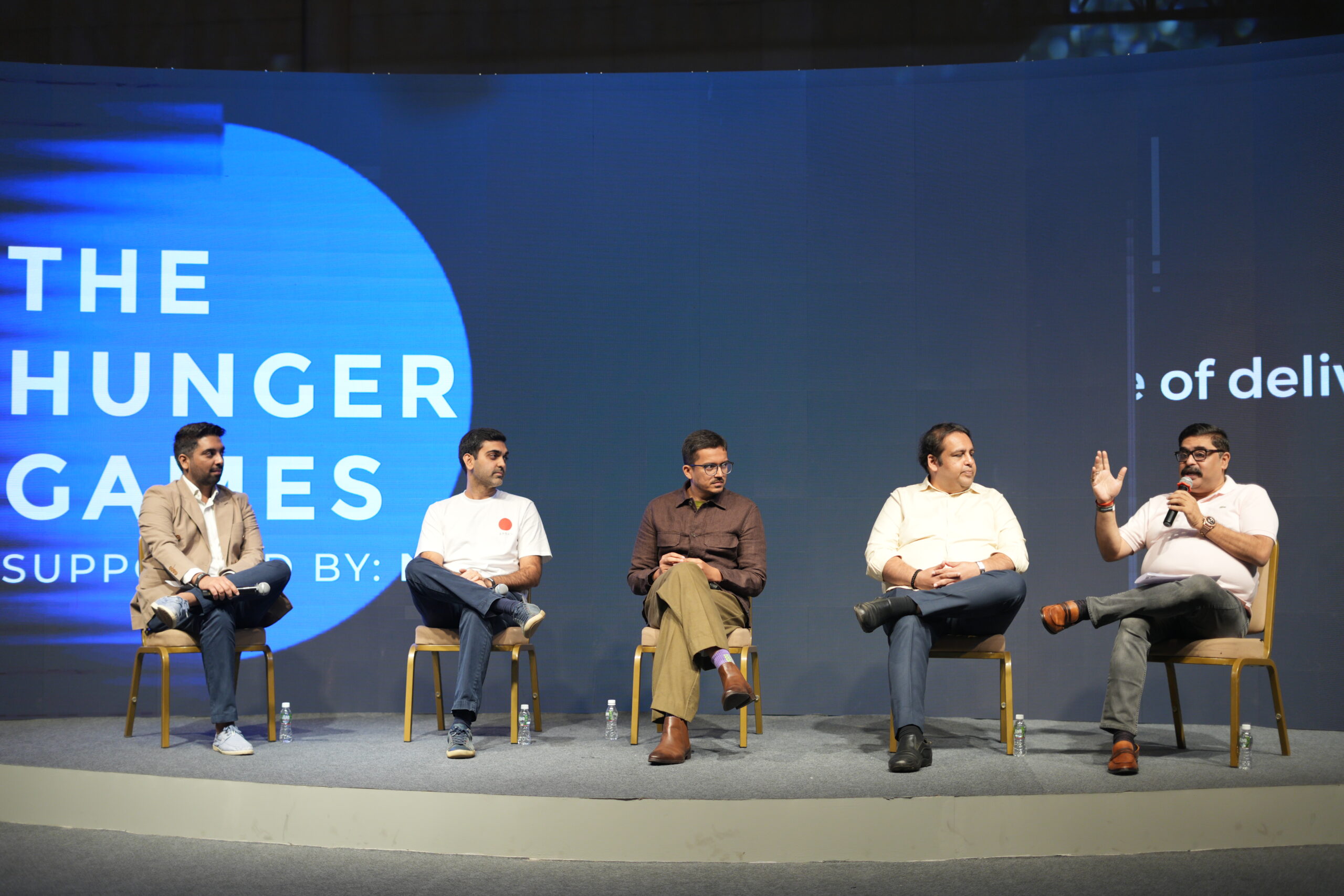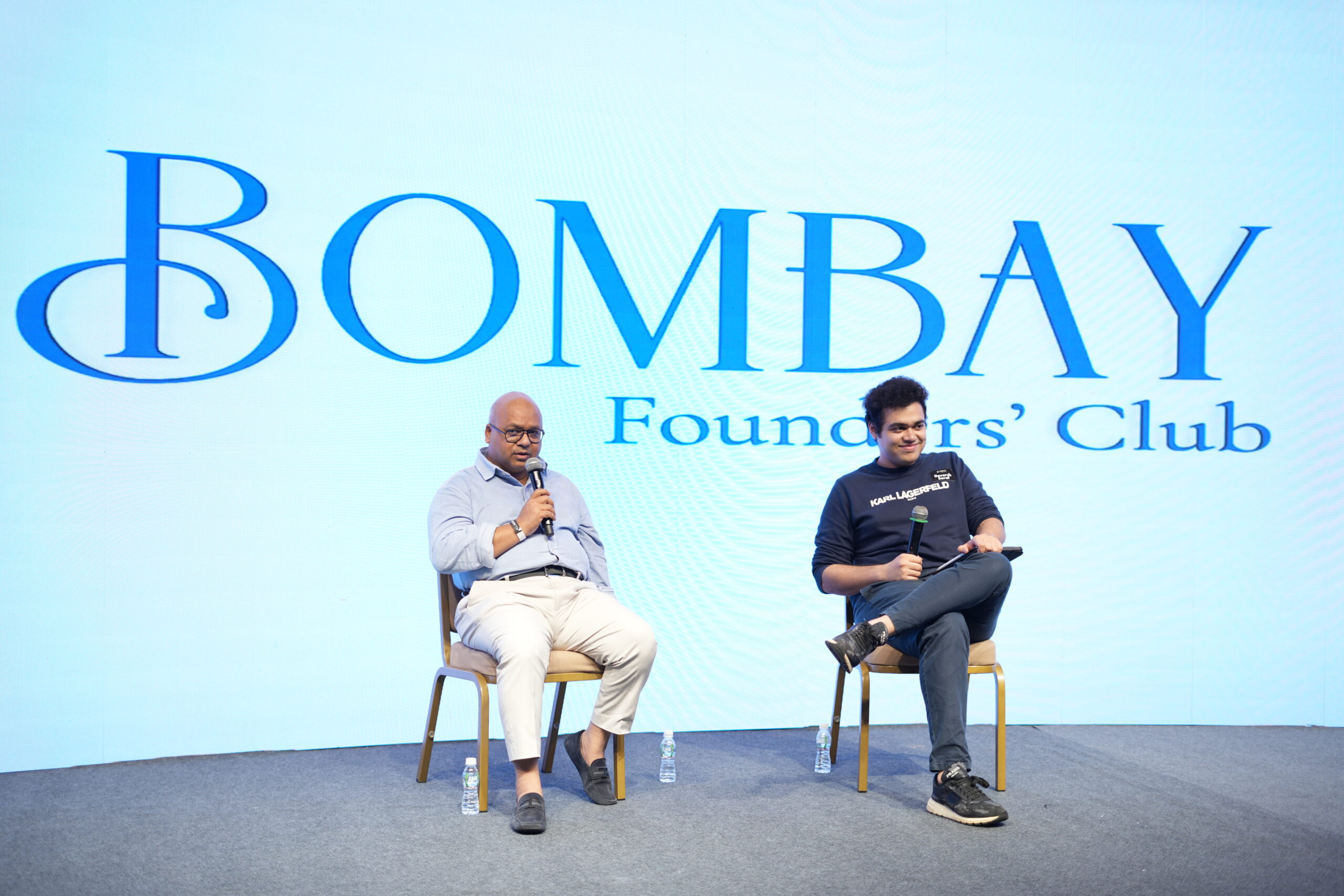Design POV was thrilled to be supported by CREDAI-MCHI, the apex body representing private sector developers across the Mumbai Metropolitan Region (MMR).
With over 2,000 member developers and a presence across key urban regions, CREDAI-MCHI plays a vital role in structuring the city’s built environment, making real estate more transparent, organized, and future-ready. The body also forms part of CREDAI National, an umbrella association of 13,000+ developers across India.
Through its consistent engagement with state and local governments, CREDAI-MCHI has become a credible voice in the national conversation around housing and urban development. Their work goes beyond policy, they are actively shaping how cities grow and how people live.

At Design POV, their involvement brought depth to our programming by creating space for critical conversations between developers, architects, and designers, particularly around the intersection of affordability, liveability, and good design.
The opening panel at Design POV, supported by CREDAI-MCHI, brought together some of the sharpest minds in real estate, architecture, and design to unpack what truly defines luxury in today’s urban context.
Day 1 kicked off with Honourable Mr. Vijay Wadhwa, Chairman of The Wadhwa Group, reflected on how design must evoke personal innovation. “A person who’s wanting to make something innovative… experiences it, it gives him some idea that this is how I can do for myself,” he shared.
Our Guest of Honour, Birla Opus Paints CEO Rakshit Hargave emphasized co-creation with designers: “We are here to learn from experts,” he said, noting the importance of translating creative ideas into tangible innovations.
The discussion then delved into the idea of luxury, particularly the use, or restraint of FSI (Floor Space Index). “You cannot take FSI to your grave,” quipped Karl Wadia.

Good planning, natural light, ventilation, and access to greenery were universally acknowledged as key drivers of livability.
Heritage preservation also took center stage. When discussing redevelopment in areas like South Mumbai, panelists stressed the importance of blending modern functionality with historical aesthetics, retaining the “philosophy of the place.”
The conversation shifted to the evolving luxury landscape in Thane, with a panelist describing luxury as enhancing the “happiness index,” pointing to Thane’s natural surroundings and optimal Vastu conditions.
Karl, a developer, brought an essential caution: luxury should not be confused with size. “Often luxury is mistaken with size… In the aspiration to buy bigger, customers end up working for the bank,” he noted, making a case for right-sizing homes based on actual demand.



This first session set a rich tone for the event, urging everyone, from developers to designers, to rethink how cities can be built better, more beautifully, and more sustainably.



